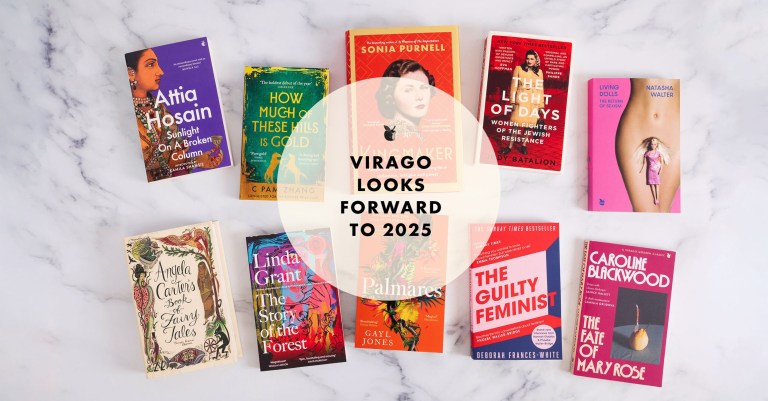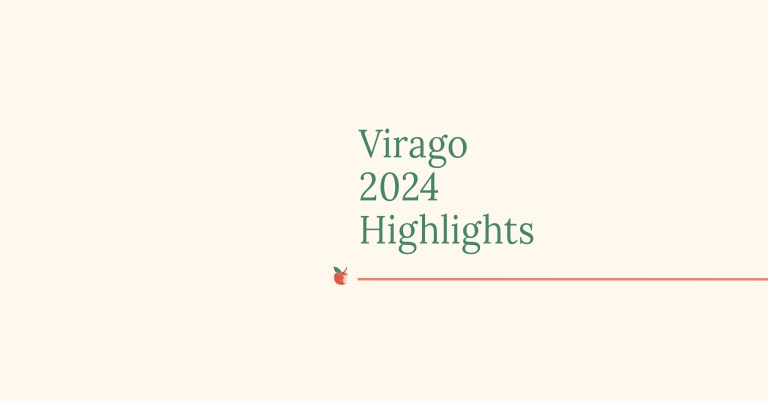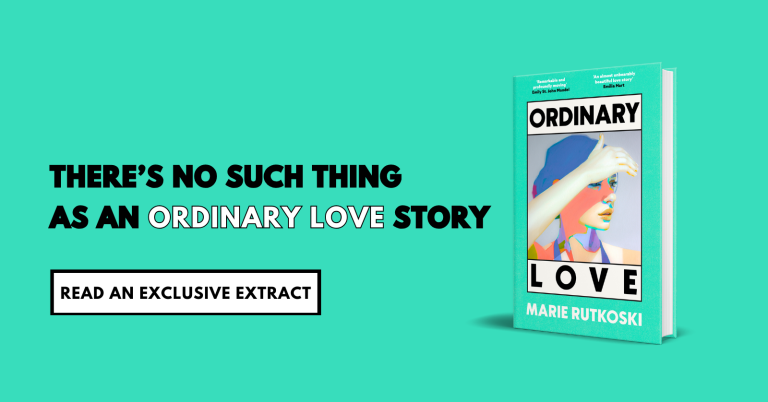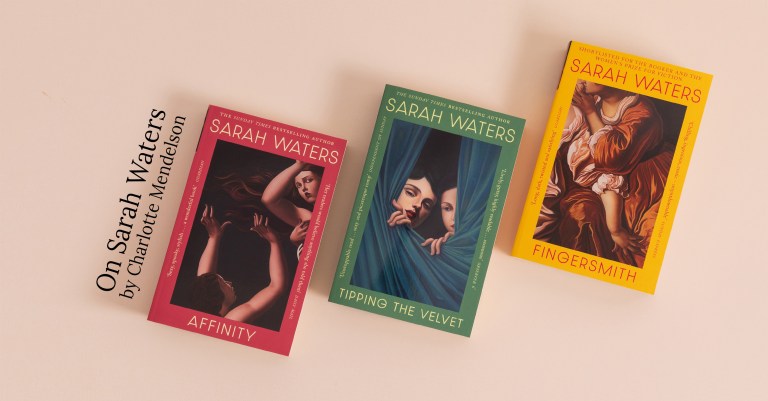An Extract from A Seat at the Table
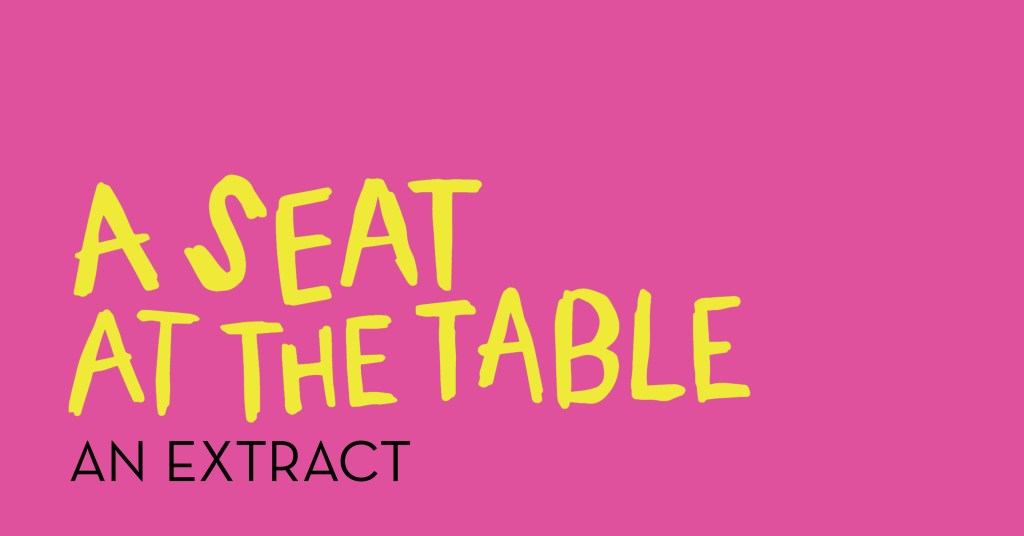
INTERVIEWS WITH WOMEN ON THE FRONTLINE OF MUSIC
‘Fascinating and illumianting’ Stylist
‘Perceptive and candid’ Irish Times
‘Variously optimistic, troubling, joyful, illuminating, fierce and thoughtful’ Guardian
Journalist Amy Raphael talks to 18 incredible women about their experiences as musicians and the music industry with fascinating and illuminating results. Read on to discover the introduction . . .
INTRODUCTION
It is 26 August 1994, and I am watching Hole on stage at Reading Festival. It is their first gig since Kurt Cobain’s suicide four months earlier, and no one knows what to expect. Even with Love on stage, wearing not black but gold, the rumours persist. Is she high? Will she collapse? Will she mention him?
I am not here for the drama, but for the music. I drink warm beer too quickly and let Love’s cracked, desperate and sometimes tender voice sear through me. I close my eyes as she asks somebody to kill her in ‘Miss World’ and sings about burning witches in ‘Softer, Softest’.
I know all the lyrics from Live Through This, the Hole album released a week after Cobain’s death. I know what people said when it came out: that Cobain had written it. Just as, the following year, some would insist that Damon Albarn had written Elastica’s eponymous debut album because singer Justine Frischmann lived with him.
I look up at Love on stage. She is intense, emotional, feral. Performing might be cathartic, but she is ruined by grief. Between songs, she growls into the mic. ‘Oh yeah, I’m so
goddamn brave.’ And, sarcasm turned up to ten, ‘This is like a hobby for me.’
The next evening, as the sky darkens, I am in Love’s hotel in west London. I have been commissioned by Virago Press, feminist publisher, to write my first book, a series of interviews with female musicians to be recounted in the first person. Love knows that I need her voice in Never Mind the Bollocks: Women Rewrite Rock; in fact, my contract depends on it. I know she likes to talk because I interviewed her before, for The Face magazine, in Seattle in late 1992 and I met her again the fol- lowing summer, when interviewing Nirvana in New York.
And yet, even as I’m in Love’s suite, chatting to Hole guitar- ist Eric Erlandson and his nineteen-year-old girlfriend Drew Barrymore, I expect Love to send me away. She hasn’t given an interview since her husband died, and I wonder if I should offer to cancel. But no, Love wants to talk. And talk. Non-stop, for two hours. She is brittle, angry, tearful and yet great company. She talks about Backlash, Susan Faludi’s bestselling book about the anti-feminist backlash in America. About Hole drummer Patty Schemel being the first woman to appear on the cover of Drum World. About wanting to play with Elastica.
I ask about Reading Festival. Love knows damn well what everyone at the festival, both backstage and out in the audi- ence, was saying. It was too soon. She looks at the music and style magazines scattered across the floor of her suite and sighs. ‘Well – and I hate to sound reactionary, because I really don’t go round saying “sexist” at everything – but I really truly believe that’s sexist. That music is a lot more vital when you’re a boy. But if it wasn’t for my baby [Frances Bean Cobain] and my music, I wouldn’t even be here on this planet. I’d be gone – fast.’
Both dazed and euphoric at the end of the interview, I get a black taxi back to Reading at 3 a.m. because I want to see the rest of the weekend’s bands. I spend a decent chunk of my book advance in doing so, but I don’t care. Sitting in the back of the cab, I realise that Love will survive. After all, she has already been accused of murdering her husband, poison- ing her baby in utero with heroin and of being, well, mad. A crazy witch.
Yes, she can be a pain in the arse (she was days late for The Face interview, despite insisting that I fly out to Seattle on Boxing Day, and at times her stream of consciousness is tough to fathom), but that’s not important. What is important is this: Love never asks for permission to speak. When she speaks, she expects to be heard.
'Fascinating and illuminating' STYLIST
'Perceptive and candid' IRISH TIMES
'Wide-ranging, deep-dive, soul-baring interviews, full of candid, intimate, spiky meditations on inspiration, artistry, sexuality, race, love, self-doubt, abuse, defiance and everything in between' OBSERVER
'Variously optimistic, troubling, joyful, illuminating, fierce and thoughtful' GUARDIAN
INTERVIEWS WITH WOMEN ON THE FRONTLINE OF MUSIC
Writer and critic Amy Raphael has interviewed some of the world's most iconic musicians, including Courtney Love, Patti Smith, Björk, Kurt Cobain and Elton John. In 1995 she wrote the critically-acclaimed Never Mind the Bollocks: Women Rewrite Rock, which included a foreword by Debbie Harry.
More than two decades on, the music business has changed, but the way women are regarded has not. In this new book, A Seat at the Table, Raphael interviews eighteen women who work in the music industry about learning to speak out, #MeToo, social media, queer politics and the subtleness of everyday misogyny.
Featuring interviews with:
CHRISTINE & THE QUEENS, IBEYI, KAE TEMPEST, ALISON MOYET, NADINE SHAH, JESSICA CURRY, MAGGIE ROGERS, EMMY THE GREAT, DREAM WIFE, NATALIE MERCHANT, LAUREN MAYBERRY, POPPY AJUDHA, KALIE SHORR, TRACEY THORN, MITSKI, CATHERINE MARKS, GEORGIA, CLARA AMFO



